The Current State of the U.S. Economy: A Closer Look
Pessimism about the U.S. economy has been a persistent theme in recent months, with negative perceptions mirrored in public sentiment about the job market. As we delve into the various facets of these concerns, it’s clear that rising prices and the advent of artificial intelligence (AI) innovations are significant factors shaping Americans’ views on the economy.
An Ongoing Sense of Economic Decline
Recent surveys reveal an upward trend in the number of individuals who believe the economy is getting worse. Rising prices remain a primary metric by which people assess the economic landscape. In the weeks leading up to this survey, many reported increases in the costs of goods and services, fostering a sense of unease about future financial conditions. While gas prices may present a slightly more favorable narrative, the overall impression is that inflation remains a heavy burden for many households.
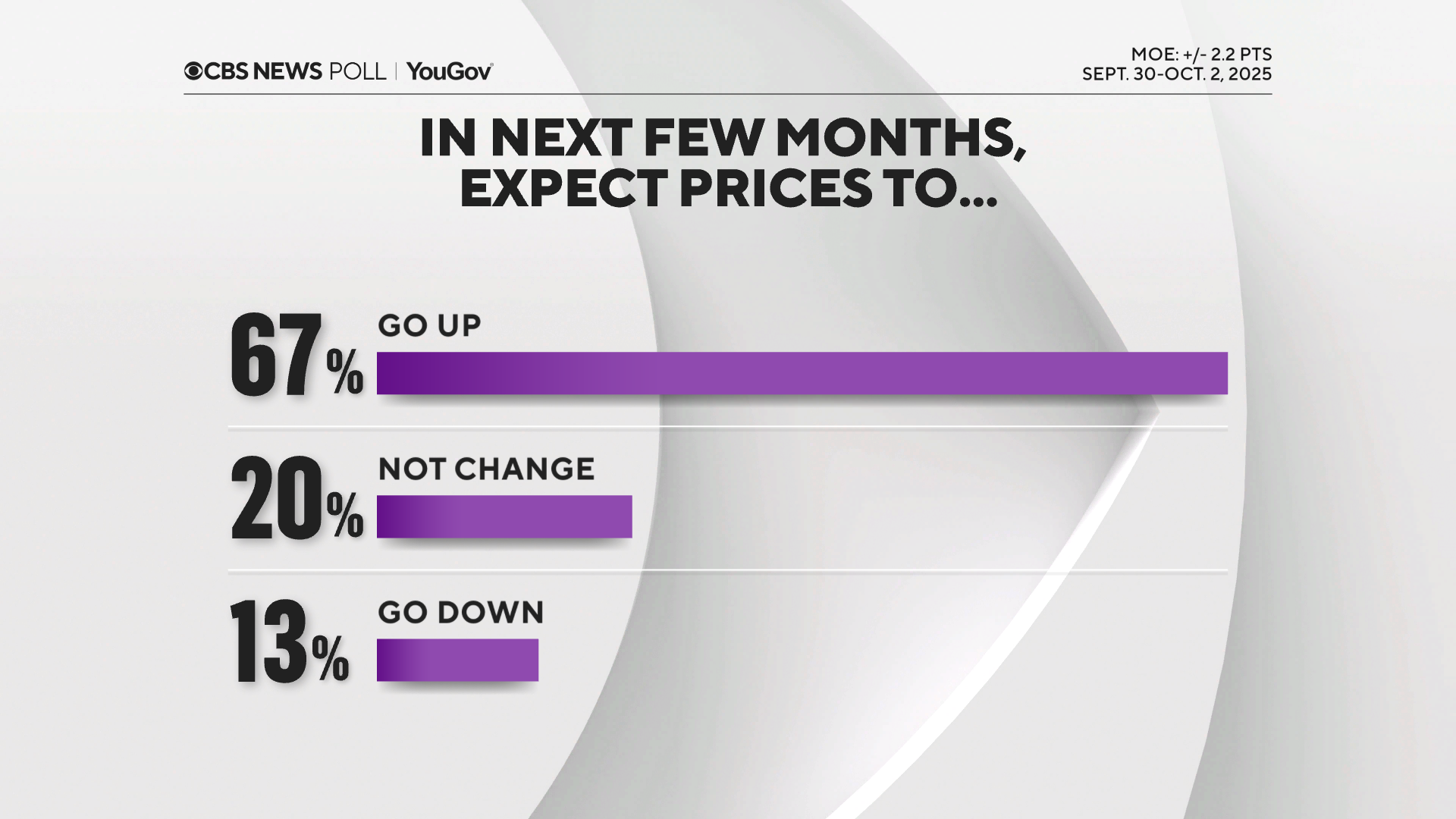
Job Market Concerns
When examining the job market, public sentiment leans toward the negative. Over half of respondents categorize the job market as bad—this view is notably more severe than six months ago, where opinions were more varied. While many current employees express some degree of job security, they simultaneously feel that if they were looking for new employment, it would be a considerable challenge.
The landscape of job availability appears grim in a longer-term perspective, with a significant majority (four to one) asserting that there are fewer good jobs in their local communities compared to five years ago. This perception isn’t limited to those feeling insecure in their positions; even workers with stable jobs are disclosing concerns about dwindling opportunities.
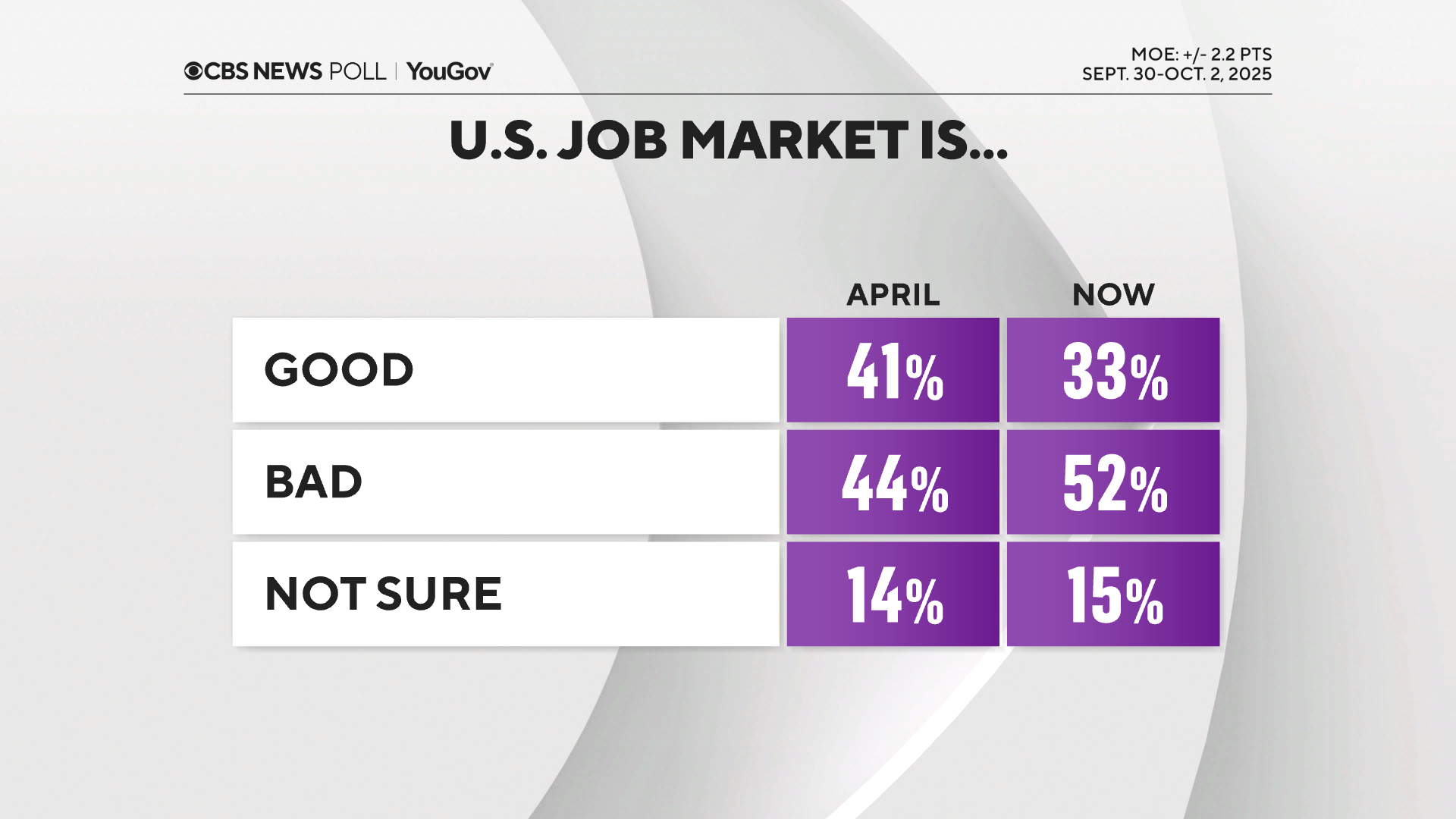
The Role of Partisanship
A notable aspect of the current economic evaluation is the influence of partisanship. Republicans are generally more optimistic about the economy and the job market relative to Democrats, who seem to lean towards a less favorable assessment. This divide underscores how political affiliations can significantly shape perceptions of economic health.
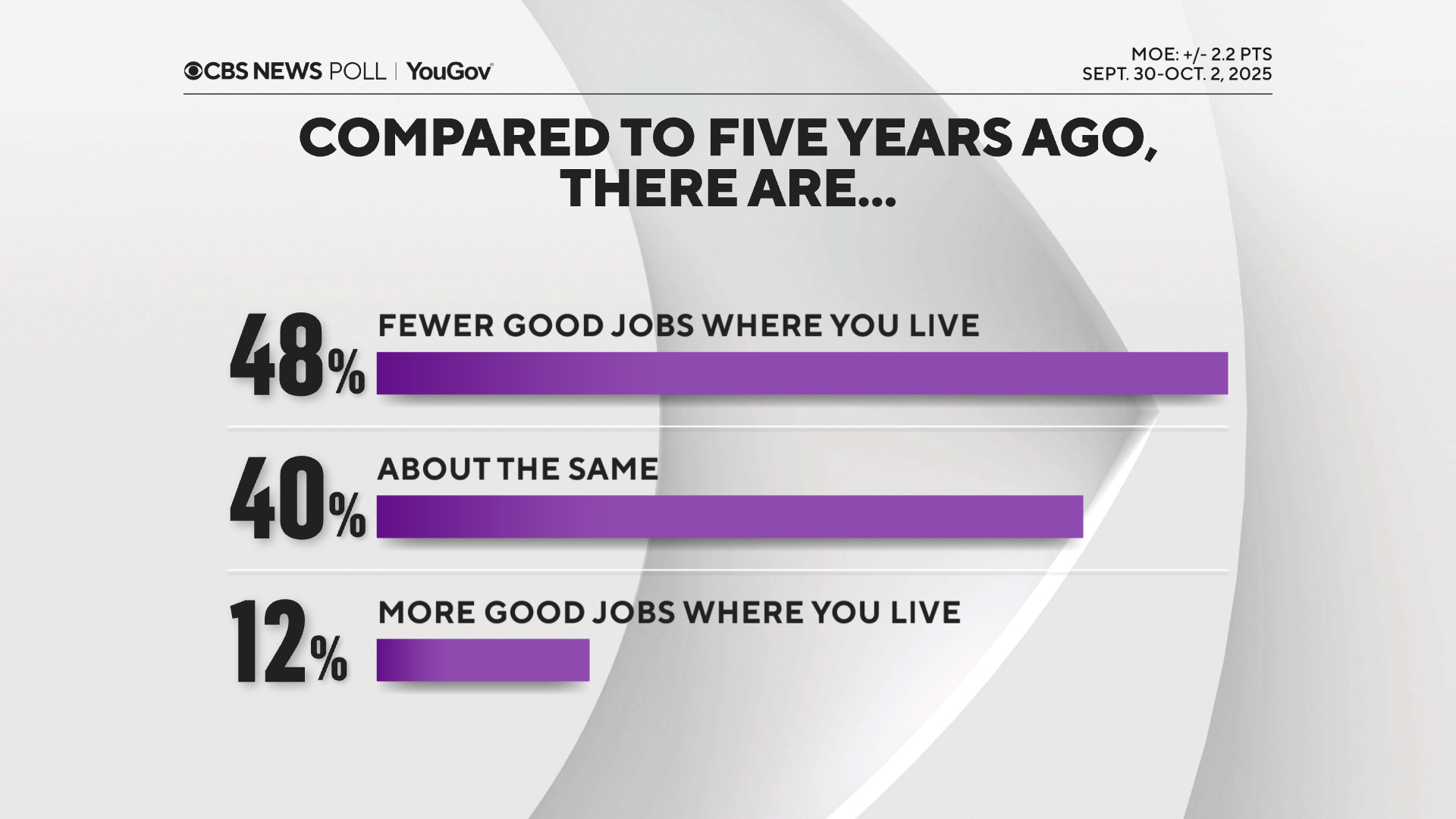
The Impact of AI on Job Availability
As discussions around artificial intelligence (AI) proliferate, public sentiment seems generally skeptical about its potential impact on job availability. Many Americans believe that AI will negatively affect the prospects of available jobs in their fields over the next decade, regardless of whether they are currently employed. This sentiment suggests a widespread anxieties about technological advancements potentially outpacing job security.
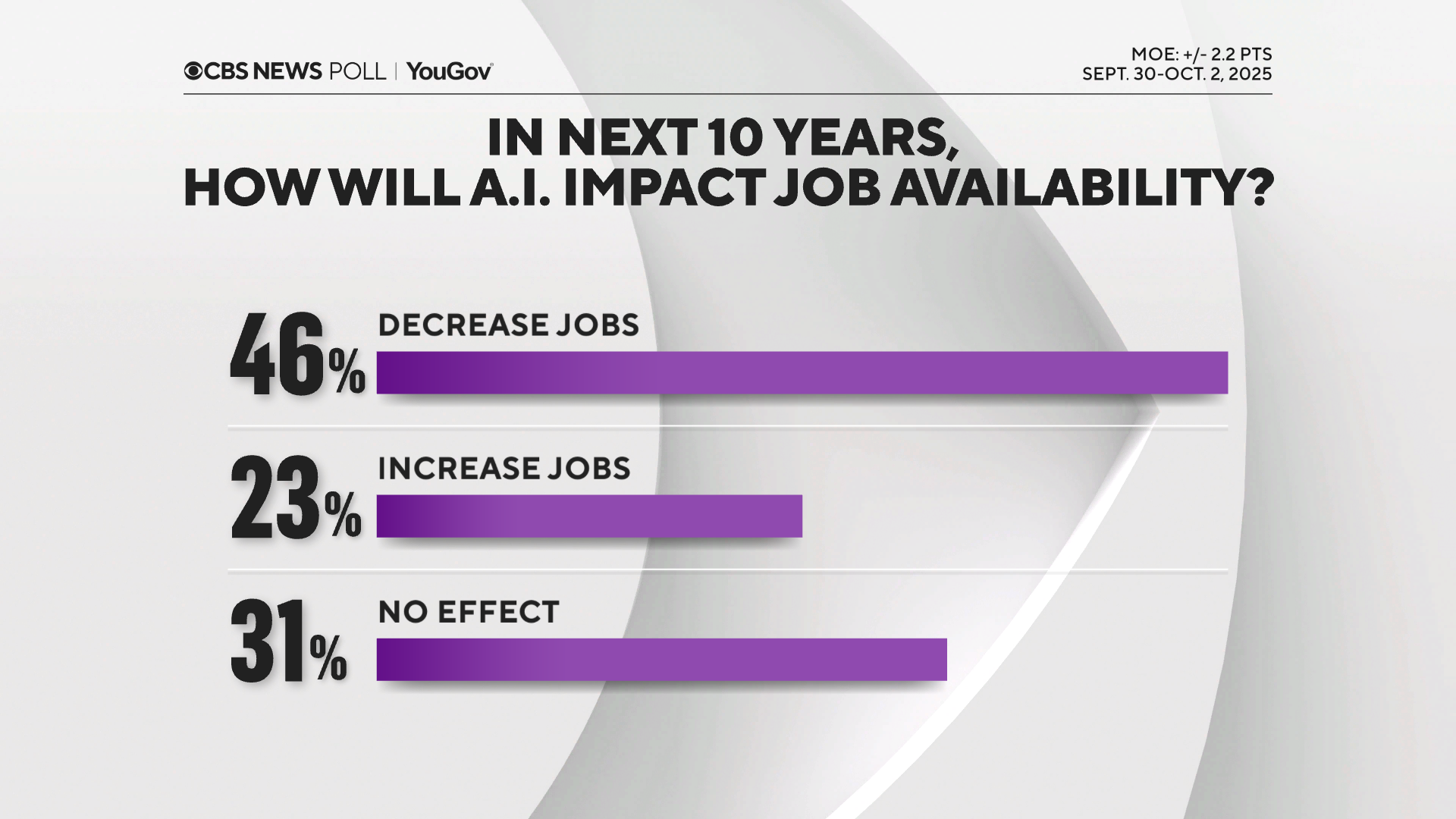
Broader Economic Concerns and Personal Finances
It becomes clear that while perceptions of the economy have been predominantly negative, there are nuances based on income levels. Higher-income individuals often report a better personal financial situation compared to those with lower incomes. However, even across different income brackets, there is a common acknowledgment of rising prices putting pressure on budgets.
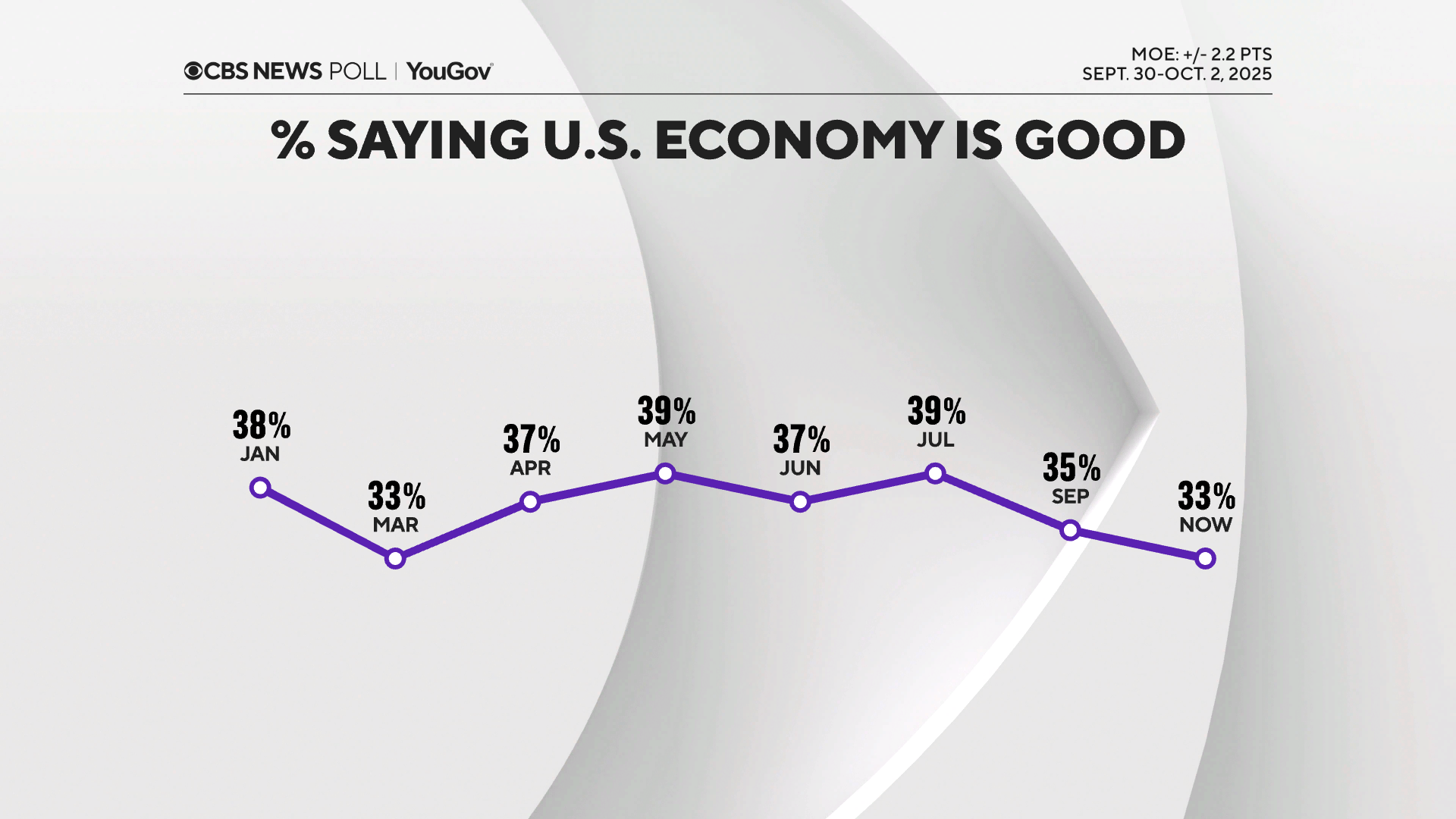
Conclusion
The intersection of economic performance, job market evaluations, and the influence of emerging technologies like AI paints a complex picture of public sentiment regarding the U.S. economy. As economic indicators continue to fluctuate, the prevailing impression remains one of caution and skepticism.
In an evolving landscape, these insights reflect the myriad factors that influence perceptions and realities of economic well-being across the nation, revealing deeper complexities that warrant ongoing attention and discussion.



